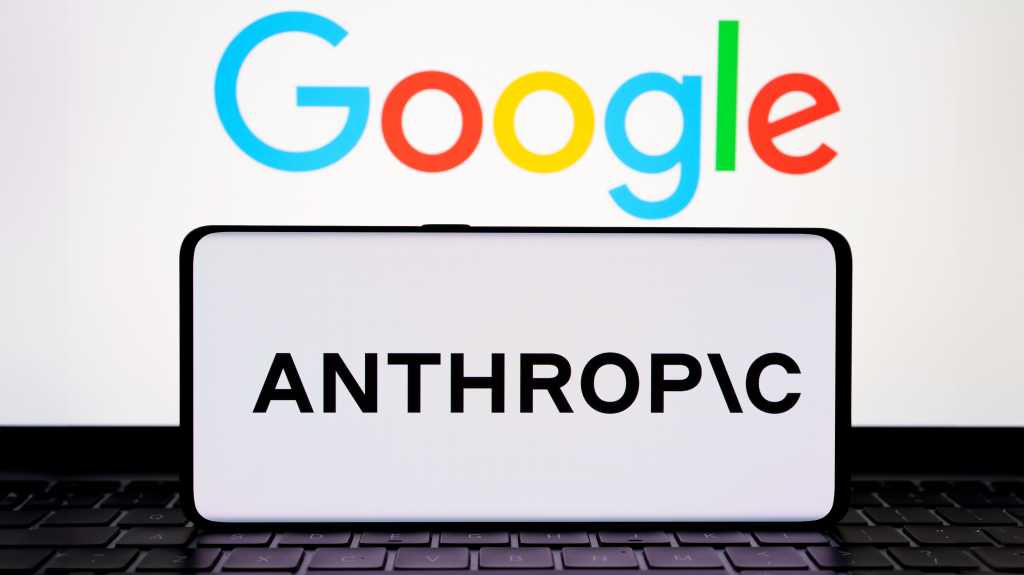

Google parent Alphabet’s $2 billion investment in AI firm Anthropic has caught the eye of the UK’s antitrust regulator.
On Tuesday, the UK’s Competition and Markets Authority (CMA) opened an inquiry into whether Alphabet’s partnership with Anthropic created a “relevant merger situation” that threatened competition within the fast-growing market for cloud-delivered AI products and services.
Invitation to comment
The CMA is inviting industry comments before a deadline of Tuesday, August 13, in advance of the launch of its formal investigation. The outcome of the inquiry will decide whether or not the regulator orders remedial actions or otherwise intervenes in the market.
The prospective probe is part of more general concerns about competition in the generative AI industry.
Partnerships between other hyperscalers and AI startups have also attracted concerns, including the business relationships between Microsoft and OpenAI as well as links between Amazon Web Services and Anthropic.
Open relationship
Google told Computerworld that Anthropic is free to partner with other cloud technology providers and hyperscalers, effectively arguing that competitive concerns were misplaced.
“Google is committed to building the most open and innovative AI ecosystem in the world,” the tech giant said in a statement. “Anthropic is free to use multiple cloud providers and does, and we don’t demand exclusive tech rights.”
In a statement, Anthropic told Computerworld it intends to “cooperate with the CMA and provide them with the complete picture about Google’s investment and our commercial collaboration.
“We are an independent company and none of our strategic partnerships or investor relationships diminish the independence of our corporate governance or our freedom to partner with others,” the company said. “Anthropic’s independence is a core attribute, integral both to our public benefit mission and to serving our customers wherever and however they prefer to access Claude.”
Smaller players in the cloud computing market argue that powerful partnerships threaten the development of competition in the AI marketplace.
‘Virtual monopoly’
Josh Mesout, chief innovation officer of UK-based cloud computing firm Civo, told Computerworld, “As an industry we should be cautious over powerful partnerships as they pose a threat to the entire ecosystem by suffocating competition and innovation.”
He added, “We cannot surrender AI to a virtual monopoly before it has really started.”
Maintaining a diverse and competitive landscape in artificial intelligence is important not least because of the diverse and far-reaching applications of AI technologies across multiple industry sectors.
“Over-dependence on a handful of major firms could stifle innovation, limit consumer choice, and potentially lead to a monopoly that favors Big Tech,” Mesout warned.
“To keep the market fair and open, regulators should be eyeing these types of partnerships warily,” he said. “Otherwise, we risk AI following the path of cloud, where hyperscalers run unchecked and leave a broken, locked-in, and stifled market in their wake.”

